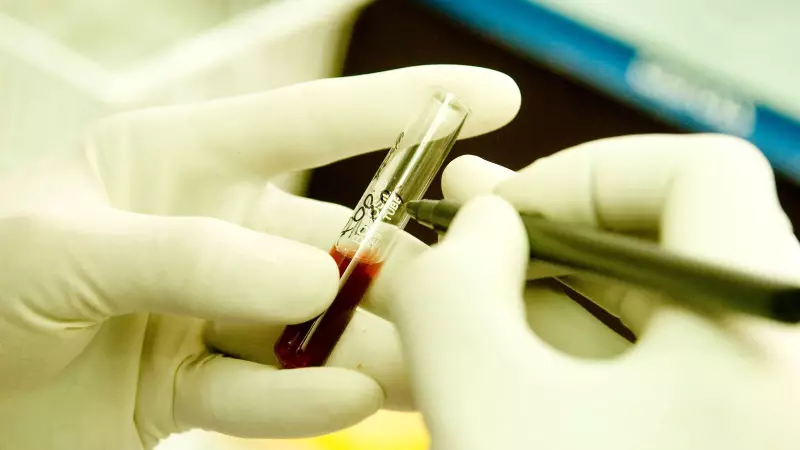
In a devastating medical failure that has sent shockwaves through India's healthcare community, five young thalassemia patients have tested positive for HIV after receiving contaminated blood transfusions at a government hospital in Jharkhand's Chaibasa district.
The Chaibasa Hospital Tragedy Unfolds
The horrifying incident came to light when routine medical checkups revealed the HIV-positive status of these vulnerable children, all of whom regularly depend on blood transfusions for survival. The common thread connecting their cases? They had all received blood transfusions from the same government healthcare facility in Chaibasa.
Systemic Failures Exposed
Preliminary investigations point to catastrophic failures in the blood screening process. Despite mandatory protocols requiring rigorous testing of all blood donations for infectious diseases including HIV, hepatitis B and C, and other pathogens, the contaminated blood slipped through the safety net.
The implications are terrifying: If the system failed these five children, how many other patients might be at risk? The incident raises alarming questions about the effectiveness of blood safety mechanisms in government healthcare facilities across rural India.
Families Devastated, Authorities Scrambling
Parents of the affected children are understandably distraught. Their children, already battling a lifelong genetic disorder requiring frequent medical intervention, now face an additional, preventable life-threatening condition.
Local health authorities have launched an urgent investigation into the matter. The focus is on identifying the exact source of the contaminated blood and determining how multiple layers of supposed protection failed simultaneously.
Broader Implications for India's Healthcare System
This tragedy highlights several critical issues in India's public health infrastructure:
- Inadequate implementation of blood safety protocols in district hospitals
- Potential equipment failures or reagent shortages in testing laboratories
- Possible human error in the screening and documentation process
- Insufficient oversight and quality control mechanisms
What Needs to Change?
Healthcare advocates are demanding immediate action, including:
- Comprehensive audit of blood banks across Jharkhand
- Mandatory retraining of all staff involved in blood collection and testing
- Implementation of stricter quality control measures
- Proper compensation and lifelong medical care for the affected children
This incident serves as a grim reminder that when safety protocols become mere paperwork, the most vulnerable patients pay the ultimate price. As investigations continue, the nation watches and waits for accountability and systemic reform that will prevent such tragedies from recurring.





